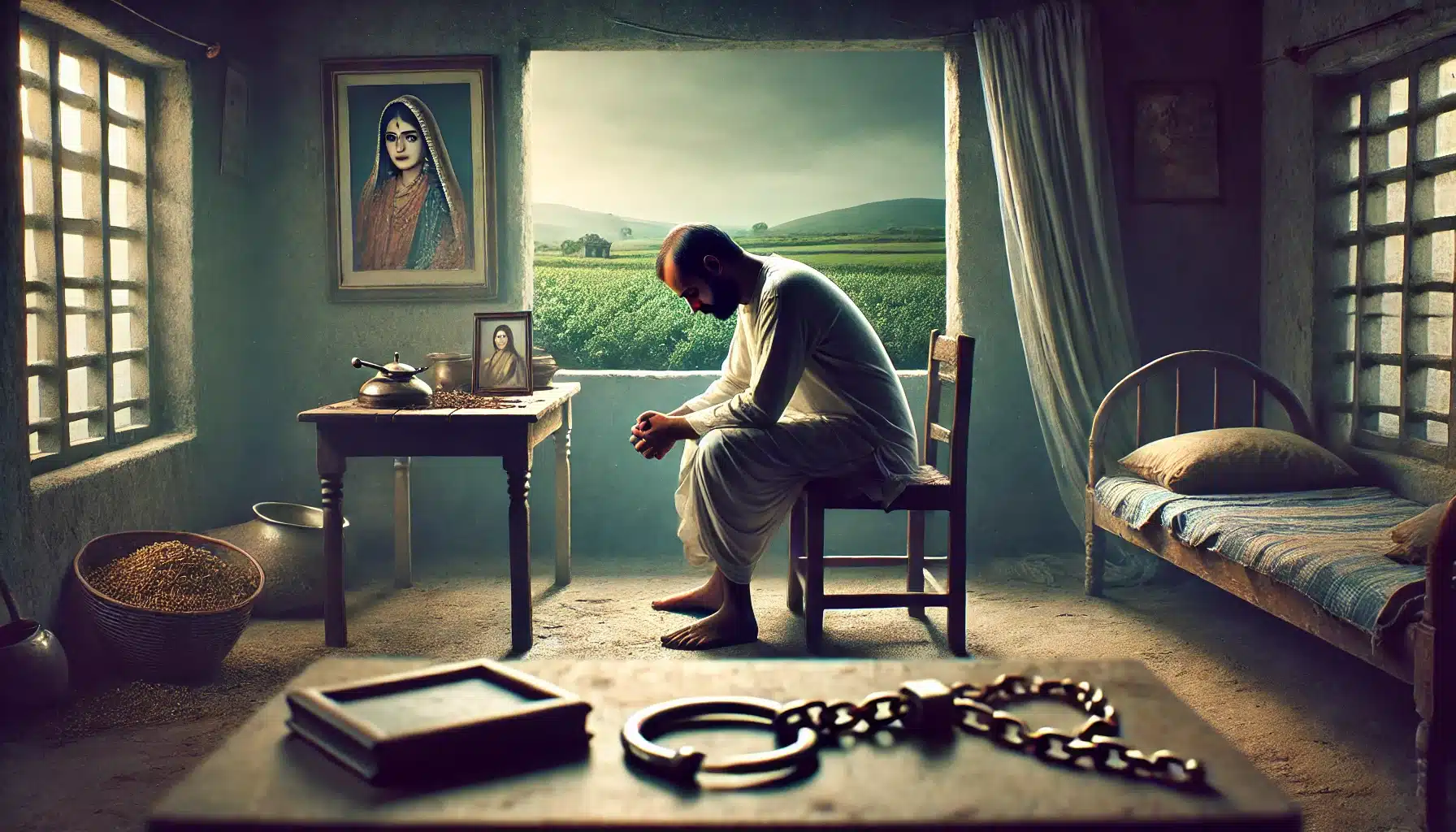The Supreme Court upheld the conviction of a father for the murder of his pregnant daughter over her inter-caste marriage but commuted the death penalty to 20 years of rigorous imprisonment. The Court, while acknowledging the gravity of the crime, found that the case did not meet the “rarest of rare

In a significant judgment, the Supreme Court upheld the conviction of a father accused of the daylight murder of his pregnant daughter over an inter-caste marriage. While maintaining the conviction, the court commuted the death penalty, stating that the case did not fall under the “rarest of rare” category.
Key Observations by the Court:
- Non-examination of Independent Witnesses: The appellant argued that the non-examination of independent witnesses would weaken the prosecution’s case. However, the Court dismissed this argument, asserting that the eyewitness testimonies were credible and unquestionable. The Court emphasized, “Non-examination of independent witnesses by itself would not give rise to adverse inference against the prosecution.”
- Credibility of Eyewitnesses: The Court, after reviewing testimonies from PW1, PW2, and PW3, concluded that the chain of events clearly established the appellant’s guilt, and there were no circumstances to question the prosecution’s theory.
Background:
- The case stemmed from the father’s disapproval of his daughter’s marriage to a man of a lower caste. Furious that the marriage tarnished his image, the appellant lured his pregnant daughter from her matrimonial home under the pretense of visiting her mother in the hospital. Once they were alone, the father strangled his daughter to death.
- The Trial Court convicted the appellant under Section 302 of the IPC and imposed the death penalty, a decision later confirmed by the High Court. The appellant then appealed to the Supreme Court.
Death Penalty Commuted:
- The Supreme Court examined whether the case warranted the death penalty under the “rarest of rare” doctrine. After reviewing various reports, including the Prison Conduct Report and the Psychological Evaluation, the Court concluded that the case did not meet the criteria for the death penalty.
- The Court observed, “The present case would not fall in the category of rarest of rare cases wherein the imposition of death penalty is the only alternative.”
Appellant’s Background:
- The appellant hailed from a poor nomadic community in Maharashtra and faced significant hardships throughout his life. The Court considered his difficult upbringing, including his father’s alcoholism, parental neglect, and the absence of criminal antecedents, determining that reformation was still possible.
- The Court stated, “It cannot be said that there is no possibility of reformation, even though the appellant has committed a gruesome crime.”
Court’s Final Decision:
- The Court commuted the death penalty to 20 years of rigorous imprisonment without remission, stating that while the crime was grave, there was a possibility of rehabilitation.
- The doctrine of the rarest of rare cases, the Court noted, requires the death sentence to be imposed only when reformation is impossible. The judgment aligned with this principle.
Appearances:
- For Appellant: Dr. Aditya Sondhi, Senior Advocate
- For Respondent: Mr. Siddharth Dharmadhikari, Advocate
Click to read: EKNATH KISAN KUMBHARKAR VERSUS STATE OF MAHARASHTRA





